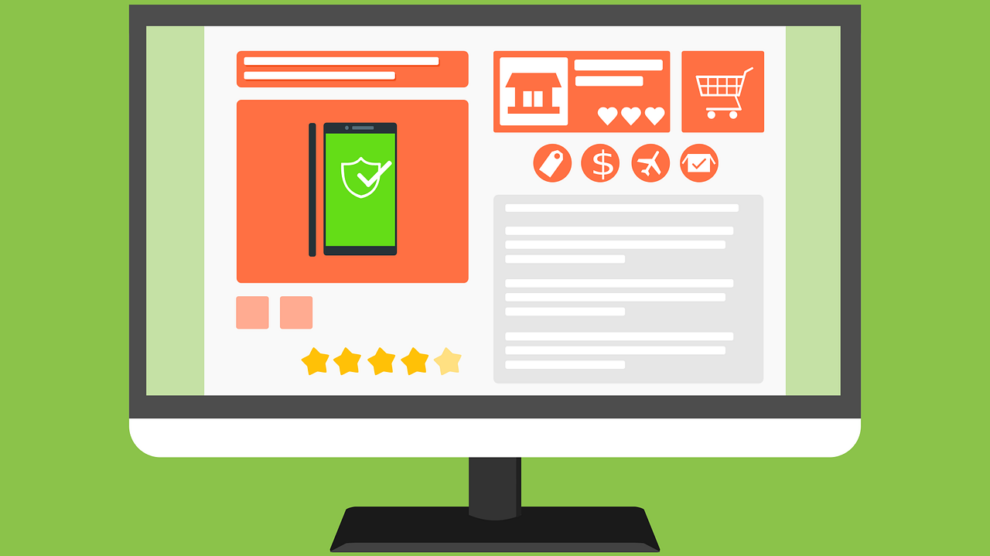As the world moves to a digitized present and future, so do our lives. More and more people are spending time online than in conventional spaces. How much time, you may wonder. 24 hours in a week is the answer. If you are wondering why buyers are not in stores, it’s because they are online!
If you are a seller who is new to the online world; the number of e-commerce platforms, their functions, and jargon used for online operations are likely to leave you confused. A basic understanding of e-commerce is a good starting point if you want to succeed in a B2C world.
There are two major things we are going to be discussing. The first is the factors that should decide your choice of e-commerce platform and second is the different types of platforms available to you and their pros and cons.
Each business is unique and has unique needs. Before setting up an online business, make a list of your requirements and see what works for you. All platforms come with apps, integrations, and plugins which serve different functions. Knowing the ins and outs of your business is an indispensable way to figure out which platform is the right fit. If none of the features among the available platforms fulfill your criteria, you can consider getting an e-commerce developer to create a custom plugin, e.g high experienced in this field – Multi-Programming Solutions.
Buyers are often pressed for time and convenience plays a huge role in making their experience valuable. A platform that provides customization will not only make it easier for you to tailor your online store to customers’ needs but also make the user-journey effective. Both user journey and experience are dependent on user-interface which needs to be smooth and hassle-free. Moreover, since mobile usage has overtaken desktop, your e-store must be optimized for mobile. Last but not least, if the store does not have multiple payment methods for buyers to make a transaction, all your hard work will go down the drain.
We now move onto a brief overview of e-commerce platforms so you know what you are dealing with!
Shopify
Probably the biggest and the most popular e-commerce platform right now, Shopify has the strongest and most innovative integration and user-experience. Home to more than 300,000 stores, it is SEO-friendly and extremely easy to use. The only flip side is that it is expensive. But hey! All great things come with a price tag, right?
Magento
Ebay’s baby, Magento is the most customizable of all e-commerce platforms which is both good and bad for sellers. Good because you can change pretty much everything, bad because you have to be tech-savvy to make those changes. Technical support is available but only to those who use the paid version of it.
WooCommerce
WooCommerce is a product of WordPress and like the parent company, its strength lies in its simplicity and ease of use. Sellers have a wide variety of themes and designs to choose from in addition to having complete access to the source code. However, while the basic shopping cart feature is free, the rest of the functionalities are not. We are also not huge fans of their customer support due to them not being as responsive as we’d like them to be.
Open Cart
Another easy-to-use platform, Open Cart comes with a huge range of themes, features, and plugins! The customer support is highly responsive and you can easily manage multiple stores with its admin panel. Although the basic software is free, the additional plugins have to be paid for. It is also difficult to use Open Cart if you lack knowledge about web development.
Etsy
Do you sell unique, handmade or quirky products? If yes, then you’ll feel right at home on Etsy. It is effortless to set up a store on Etsy and sellers have access to more than 30 million buyers. Although it has a monthly fee, there is a cost attached to the listing of products and a percentage on each sale you make. It also doesn’t provide you a custom domain name and customizability is not the best.
Although we’ve discussed all e-commerce platforms, it all comes down to the nature of business, budget, and level of technical expertise when choosing one. For better or for worse, being online is an opportunity to take advantage of a massive market and reap fruits of a lucrative ecosystem. If you want to expand your business, improve it and take it to a new level, but do not yet know exactly how to do this, contact a team of professionals who will provide you with qualified assistance.





